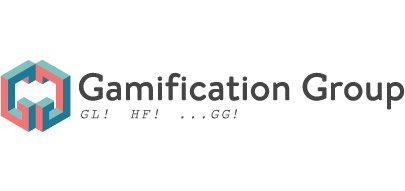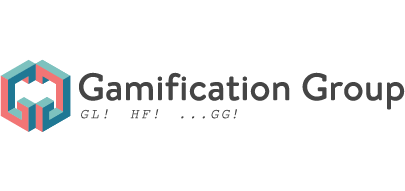Exploring Future Societies Impacted by Digitally Induced Altered States of Consciousness
Authors: Terho Ojell-Järventausta, Anatolii Belousov, Mila Bujić, Joseph Macey and Juho Hamari

The DIAL project (DIAL: Futures research into socio-cultural implications of DIgitally induced ALtered states of consciousness) recently launched a workshop series aimed at exploring futures shaped by digitally induced altered states of consciousness (DIAL). Last month, the project hosted two Futures Clinique workshops, each bringing together distinct perspectives from researchers and new media artists.
The first workshop was held at the Academic Mindtrek 2024, an international conference centred around varying topics of human-computer interaction. The DIAL workshop is also included in the conference proceedings. The second workshop was hosted in Riga at the RIXC Art and Science Festival 2024, a conference focused on cutting-edge new media art.
Participants at both workshops imagined a range of DIAL applications, such as brain-computer interfaces for dream manipulation, nanobot-driven out-of-body experiences, and immersive extended reality allowing users to perceive the world through the senses of other species.
In both workshops, participants employed Futures Wheels and Futures Tables to create scenarios set in 2050, examining what societies might look like in a world where digitally altered consciousness is mainstream. The discussions brought forth a diverse array of perspectives on the societal implications of these technologies. Some scenarios envisioned digitally altered consciousness as a tool for progress, aiding in mental health treatment and enhancing empathy. Other scenarios were more cautionary, exploring possibilities of political and corporate control, or a growing digital divide. In some futures, these technologies were seen as temporary novelties—powerful in the short term but diminishing in impact over time as societies adapt.
Next, the project team will focus on analysing the future scenarios created during the workshops. Sign up for our email list to keep in the loop about future research, publications, events, and opportunities to participate in anticipating our digital futures!
See more about the project at www.projectdial.org
________
Ojell-Järventausta, T., Belousov, A., Bujić, M., Macey, J., & Hamari, J. (2024, October). Digital Technologies and Human Consciousness: A Futures Workshop for Exploring Potential Implications. In Proceedings of the 27th International Academic Mindtrek Conference (pp. 320-324).
DOI: https://doi-org.libproxy.tuni.fi/10.1145/3681716.3681742
ResearchGate: https://www.researchgate.net/publication/384735107_Digital_Technologies_and_Human_Consciousness_A_Futures_Workshop_for_Exploring_Potential_Implications
Authors
Terho Ojell-Järventausta, Anatolii Belousov, Mila Bujić, Joseph Macey and Juho Hamari
Abstract
Over the past decades, digital technologies have permeated many everyday tasks and practices, reshaping human behaviour and causing unintended consequences. The emergence of artificial intelligence, extended reality, brain-computer interfaces, and nanotechnology have increased the likelihood of a future in which the impact of digital technologies reaches an unprecedented degree by expanding human consciousness. As such, the societal implications of such developments require an urgent evaluation. In this workshop proposal, we suggest an approach based on the futures clinique method to identify drivers and obstacles of change and potential societal implications through different future scenarios of digitally induced altered states of consciousness (DIAL). The workshop’s contributions comprise novel future scenarios that will aid in identifying potential benefits of DIAL and strategies for mitigating risks. It will provide a platform for exploring the implications of these emerging technologies through a novel perspective (DIAL) that is not currently prominent in the discourse but must be considered to mitigate unintended consequences.






Sorry, the comment form is closed at this time.